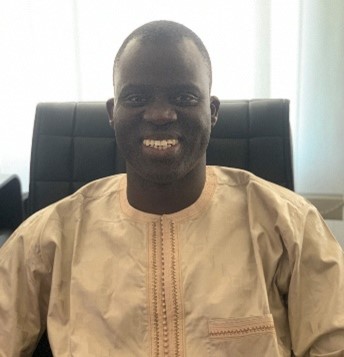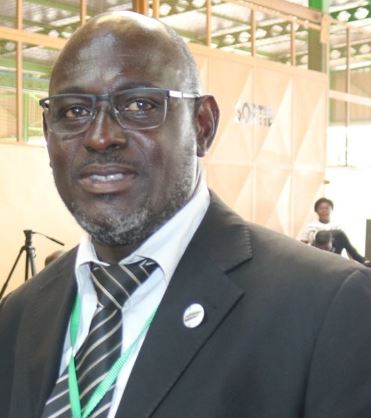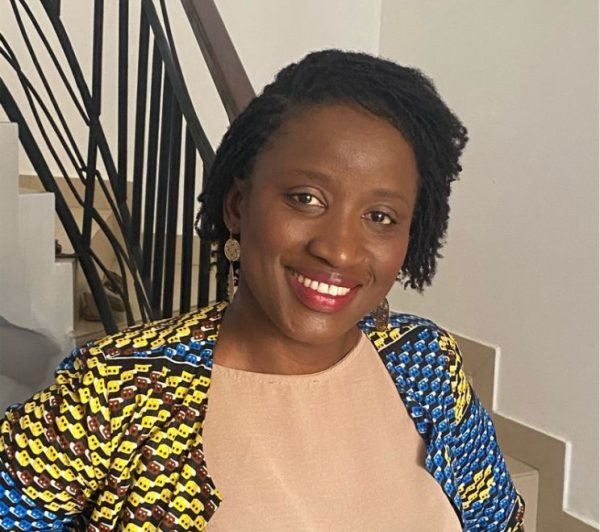Transitions numériques et mobilité
Digital Transitions and mobility
Historically, urban motorized mobility has long been segmented between the silos of the private car or taxi and public transport, whether or not they are contracted. of private cars or cabs and public transport, whether or not they are contracted.
Today, these silos are opening up in Cairo, Dakar, Shanghai, Lyon or Marseille and everywhere else in the world. The arrival of VTCs, shared car solutions, intelligent parking and other “new” mobility services responds to citizens’ desire for flexibility.
These services, which are highly dependent on digitalization, are challenging public transport and road operation players. A successful digital transition of mobility must allow all citizens, whether “digital friendly” or not, to efficiently access public or private services and to enjoy life with their friends and families.
In order to ensure the attractiveness of their territories, public authorities must arm themselves with digital tools to keep this promise while associating social and gender equity, air protection, and urban fluidity.
The challenge of this session, through two roundtables, will be to raise awareness of the prerequisites for a successful digital transition in mobility:
1. Understand the evolution of mobility uses in a territory, accompanied or induced by digitalization
2. Acclimatize mobility services and solutions to specific environments
Organized by:
Moderator

- Jérémy Rubel, International Business Development, SETEC ITS
Speakers

- Ababacar Fall, Operations Director, CETUD

- Jean-Valjean Tano, DSI, SOTRA

- Jean-Pierre Deghaye, International Development Director, Keolis

- Patrick Pedersen, International Development Director, HEETCH,

- Coura Carine Sene, Regional Director, Wave

- Christopher Jégou, Head of Development in Europe and Francophone Africa, Streamax

- Mafal Lo, CEO/Founder, Firefly Media

- Mohamed Hegazi, Founder, Transport for Cairo

- Emilie Fort, Development Director Africa, Lumiplan


